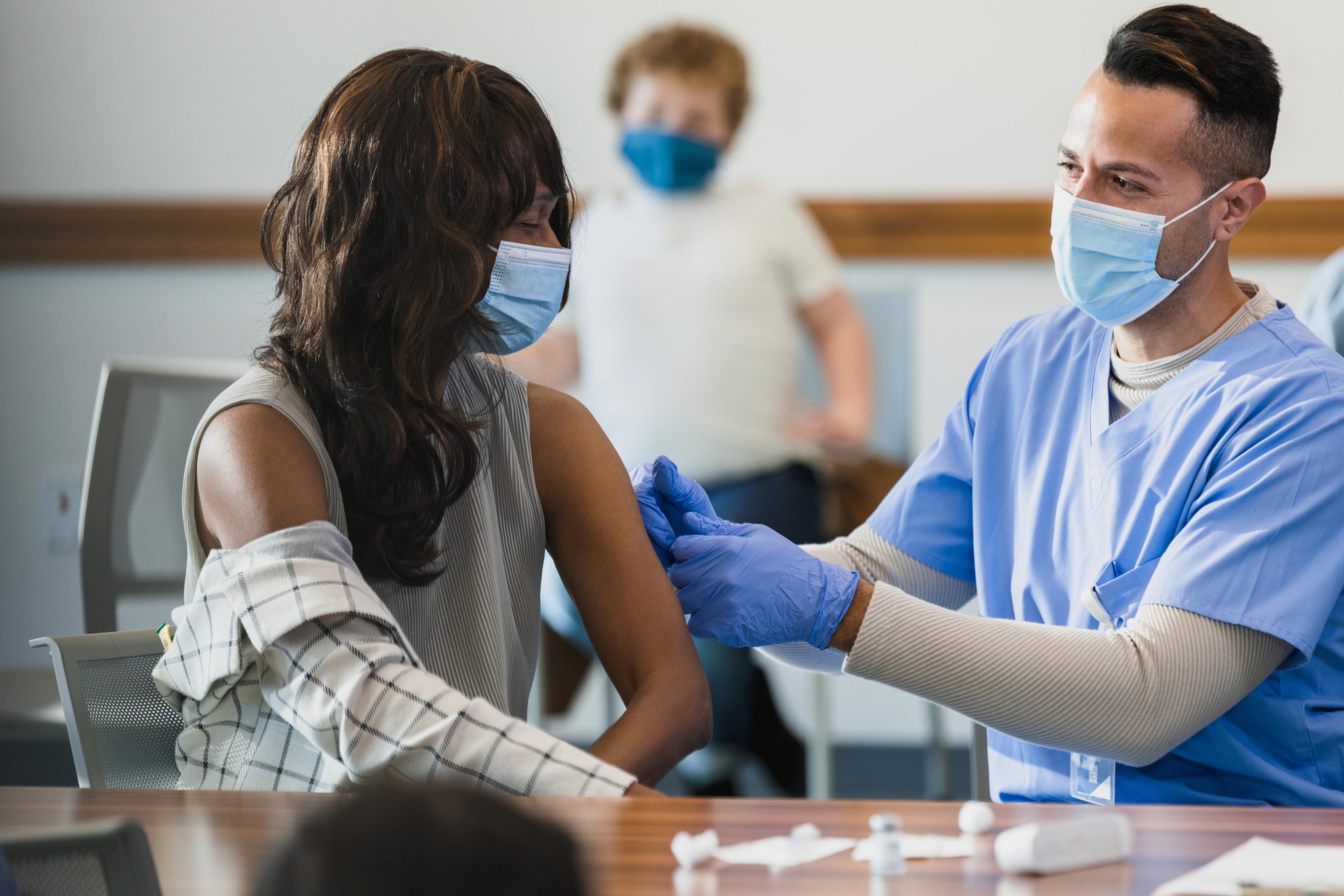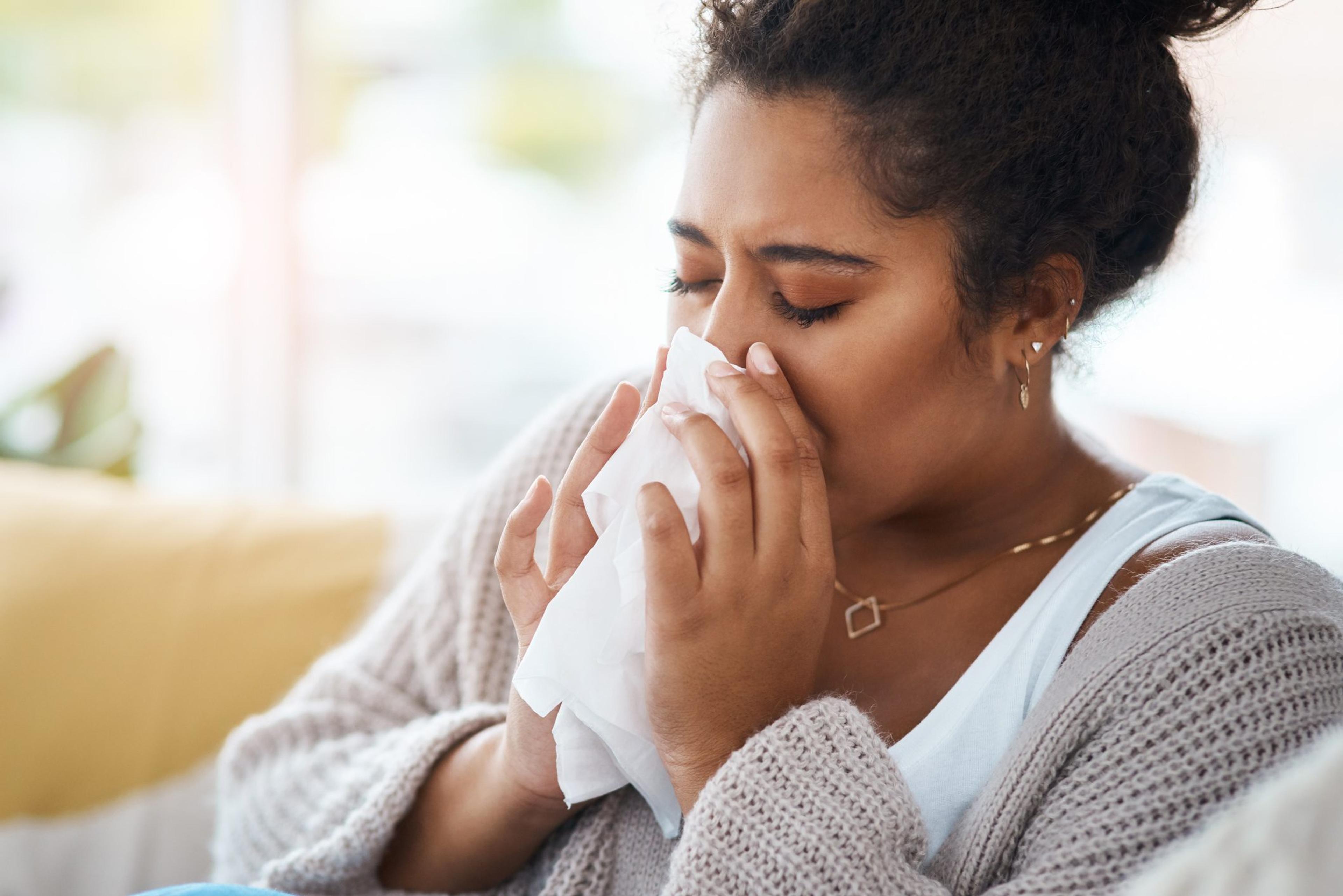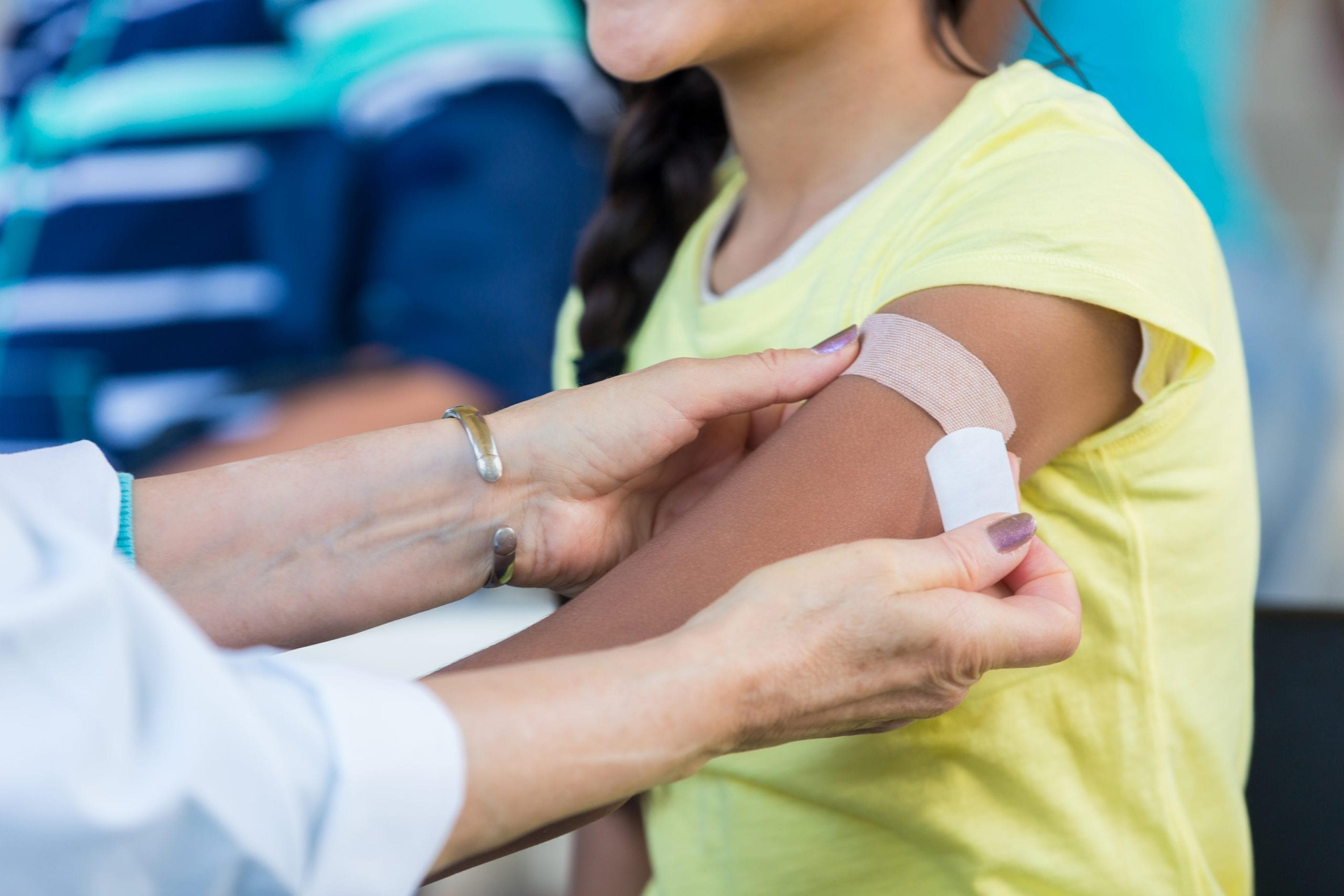New COVID Variant XBB.1.5: How to Be Prepared
Amy Barczy
| 4 min read
Amy Barczy is a former brand journalist who authored...

A new COVID variant is spreading across the U.S. It’s called the XBB.1.5 variant. It’s the latest mutation of SARS-CoV-2, the virus that causes COVID-19.
The SARS-CoV-2 virus is constantly changing and accumulating mutations in its genetic code over time. Variants will emerge and disappear, and there are many variants circulating in the U.S. today.
This latest XBB.1.5 variant is in the Omicron family and appears to be the most transmissible form of the virus yet.
Here’s the information you need to know about the XBB.1.5 variant to be prepared with the facts.
What’s different about XBB.1.5?
The XBB.1.5 variant is considered to be the “most transmissible” variant of Omicron according to the WHO. Experts believe this variant has a type of mutation that allows it to better bind to cells.
It is important to note that, to date, there has been no indication that infections caused by XBB.1.5 are more severe than those caused by other sub-variants of Omicron.
How quickly is it spreading?
The CDC tracks the variants of the virus that causes COVID-19, and reports that the XBB.1.5 variant is spreading quickly. XBB.1.5 was detected in the U.S. in the fall of 2022 and is now the dominant variant nationally; accounting for 49.1% of the COVID virus variants in circulation in the U.S., according to CDC estimates as of Jan. 21.
In Michigan, Minnesota, Ohio, Illinois, Indiana and Wisconsin, XBB.1.5 is becoming more prevalent but is not yet the dominant variant – accounting for 23.8% of the virus variants in circulation, according to CDC estimates as of Jan. 21.
Does XBB.1.5 cause more severe illness?
In general, as the virus that causes COVID-19 continues to change and mutate, infections are becoming less severe over time.
However, the virus circulating is still capable of causing severe illness including hospitalization and death. Additionally, long-term impacts from COVID infection are still being studied.
As the XBB.1.5 variant is more transmissible, health experts anticipate that COVID case rates will increase; and as a result, death rates may also increase.
How do I protect myself?
Keeping up to date with COVID vaccinations is the most effective protection from serious illness, hospitalization and death caused by COVID-19. Completing the first series of vaccination for COVID-19, followed by the current booster schedule as recommended by the CDC, is essential. Newly released bivalent boosters protect against original strains of the virus as well as the Omicron variant.
Updated bivalent booster shots are available for everyone age five years and older. For children aged 6 months to four years who had the Moderna vaccine as their primary series, a booster dose is available two months after their last shot.
For children aged 6 months to 4 years who had the Pfizer vaccine as their primary series, there is no booster dose recommendation. The Pfizer primary series includes an updated bivalent shot for this age group.
- Use the CDC’s online tool to find out when you need a booster, and which type of booster dose best fits your status.
Individuals who are immunocompromised or live with chronic illnesses, or who have family members at a higher risk for severe illness from infection, may want to consider taking additional preventive measures, including masking in public places and reducing exposure to large crowds.
With much activity concentrated indoors during the winter months, and the increased likelihood of COVID transmission with the XBB.1.5 variant, some workplaces and schools in Michigan are returning some preventive protocols, like masking and social distancing.
The CDC continues to recommend the following guidance on preventing the spread of COVID-19:
- Avoiding contact with others who are sick, especially those who are sick with COVID
- Following CDC guidelines if you have been exposed
- Getting tested for COVID
- Improving ventilation indoors
- Seeking treatment for COVID and are at a high risk of severe illness
- Staying home if you are sick
- Staying up to date on COVID shots
Photo credit: Getty Images





